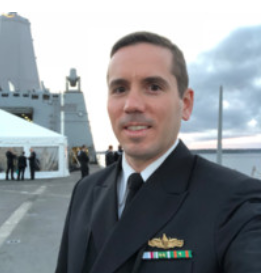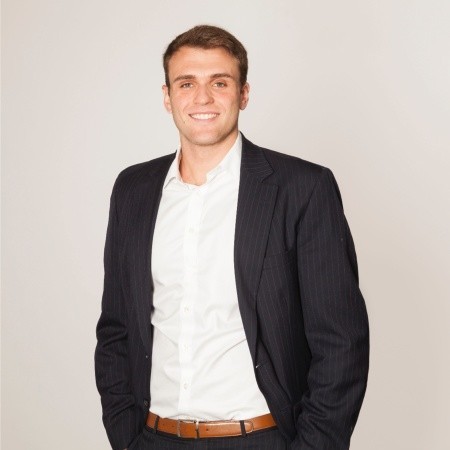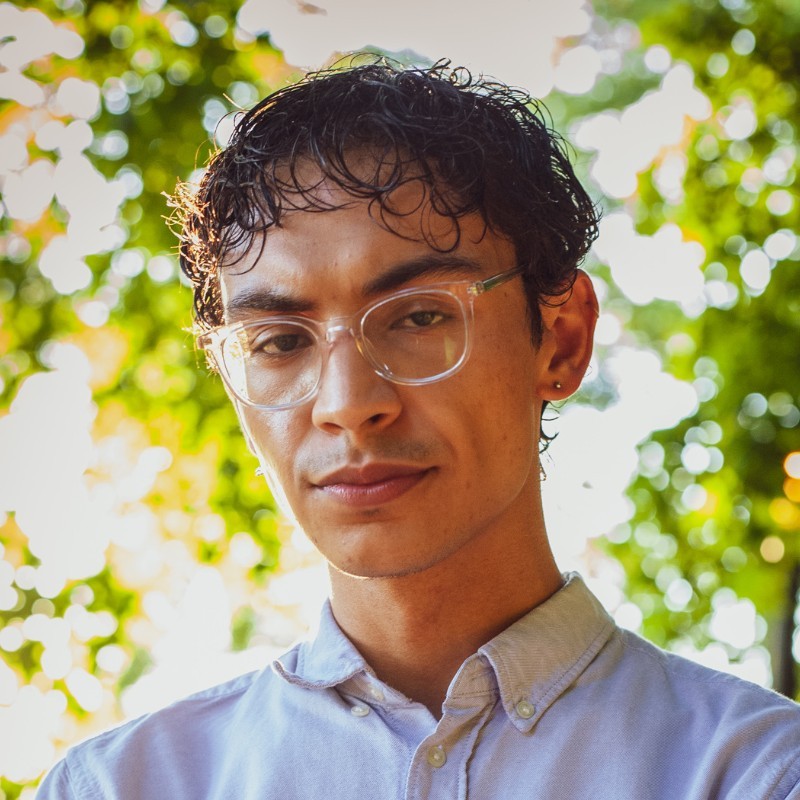Name: Matthew Schnaars
Class Year: 2000
Title: Senior Vice President, Content Distribution
Organization Name: NBCUniversal
1. In one sentence, what does your job entail?
It’s a bit like being an agent for an athlete, but instead of representing a person, I represent a media company. I’m part of the team that negotiates the commercial terms for distributing NBCU’s content properties – which includes everything from NBC network to Peacock – with technology, media and telecommunications companies.
2. What planned and unplanned events connected you to your industry and your first employer after Holy Cross? How did you learn/decide it was a good fit for you?
My internships in college and my first job out of college all taught me what I DIDN’T want to do for a career, as I worked in roles ranging from finance/accounting at GE to doing legal research at a law firm (thinking I might apply to law school) to working in business development for a technology company. All were fine opportunities with good firms, but I didn’t think I had the requisite passion to pursue a lifelong career in those fields. Ultimately I followed my instinct of wanting to work in media in a business capacity, and “started over” in my mid 20s by taking an entry level role with a small media company in Boston, selling advertising. From there I used the Holy Cross network and other contacts to make connections inside major media companies like Disney/ESPN, NBC, and CBS. After learning a bit about the media business and a couple years of persistent networking, I was offered an opportunity to join ESPN in their Content Distribution group, and after nine years at Disney/ESPN, I was recruited to join NBCUniversal in a bigger capacity.
3. What were you involved in when you were on campus?
It felt like a little bit of everything, though my only media tie-in was hosting a radio show on WCHC. I think maybe five people listened to me, but it was a blast. I gave campus tours to prospective students and their parents, which provided me with my earliest training in public speaking. Eventually I worked in the Admissions department as an interviewer who met with prospective HC students, which further developed my critical listening and writing skills. On top of this I had a steady string of on-campus jobs over my time at HC, which forced me to learn how to prioritize and manage my time effectively, balancing classes, extra curriculars, work, and some form of a social life.
4. What was your major and how did it affect your career decisions?
I majored in Economics, mainly because it was the closest thing to a “business” major at the time. (I subsequently went on to earn my MBA from NYU-Stern.) Our economics courses were fairly rigorous then, as I’m sure they still are today, and combined a healthy dose of quantitative analysis with qualitative work, e.g. written analysis and presentations. My job requires a blend of quantitative and qualitative skill, and I attribute some of my comfort in such a role to my coursework.
5. What are one or two skills that you developed at Holy Cross that you use in your work?
Writing and public speaking, which I know sounds cliché. My job success centers on my ability to influence my clients, and equally so my internal clients and stakeholders. My ability to communicate succinctly and effectively is critical to that, and the high volume of writing and presentation work that I did in class and in my extra-curricular pursuits at HC trained me well.
6. What advice do you have for students on campus today?
The media ecosystem is rapidly changing, and unlike other industries, there is no one standard path into media. You have to be scrappy and spend a lot of time learning about the different companies in the industry, understanding where there are opportunities, networking, and then learning and leveraging a particular skill to get your foot in the door (this could be everything from data analysis to financial modeling to video editing). People who are trained in data analytics will have countless opportunities on the business side of media, and in many other industries for that matter. More generally, I think it’s important to understand that in any industry, your career will likely be non-linear, so it’s important to develop a varied set of skills, to try new jobs, to change companies on occasion, and to push yourself to continually learn and grow. Do not stress if your first job out of college does not align perfectly with your career aspiration; your early career years are entirely about learning and development. Find a good company, align yourself with good mentors there, and be a sponge.












